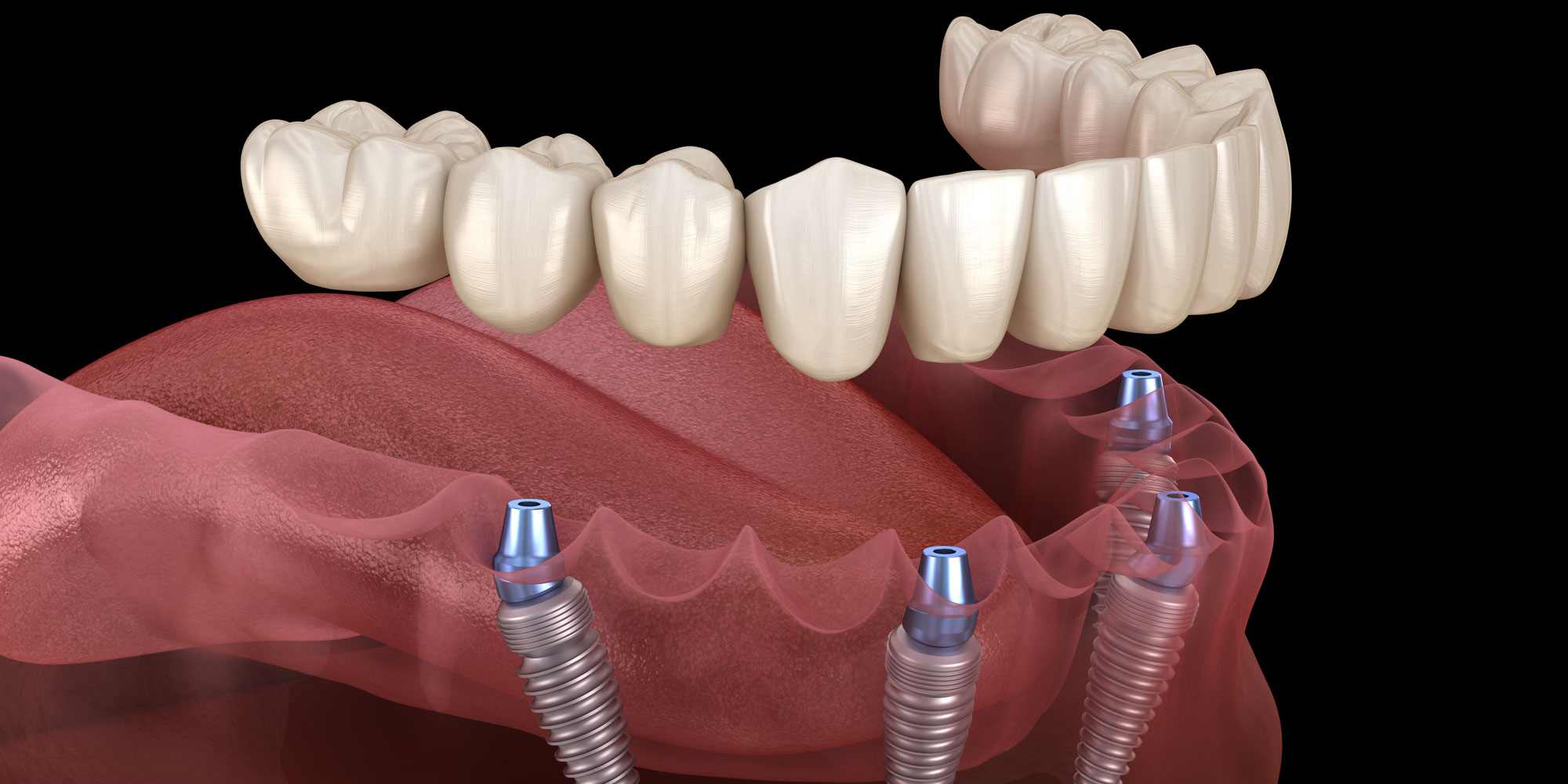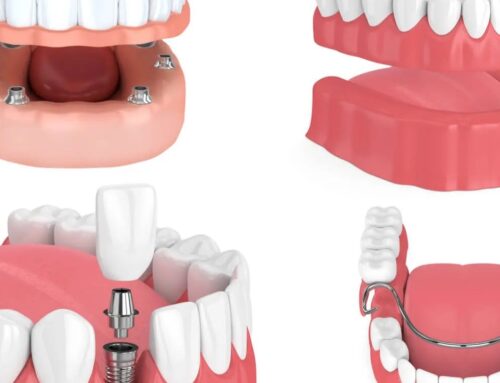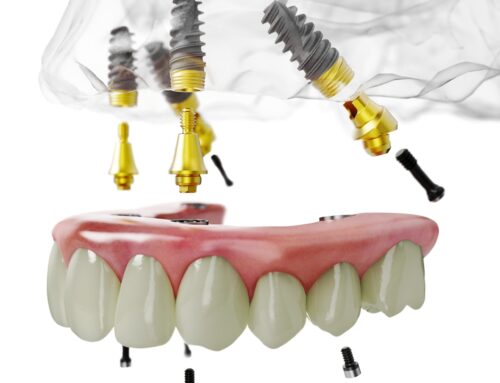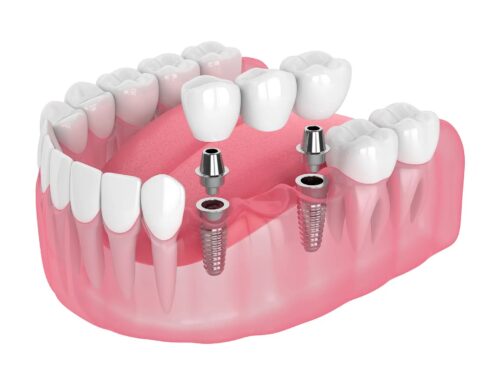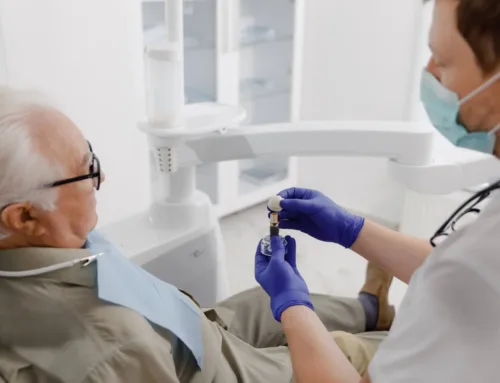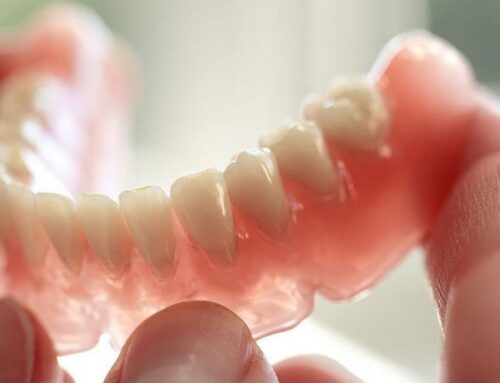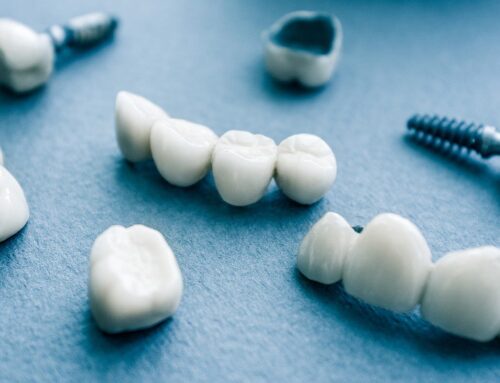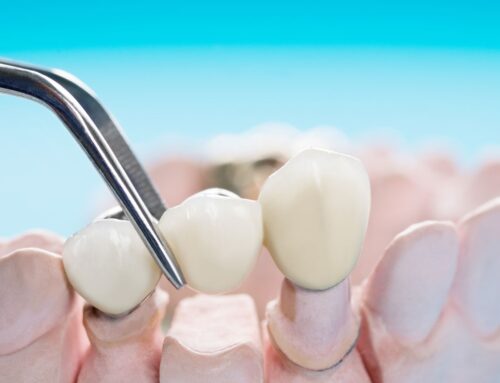Innovations in Dental Implant Technology and Treatment Techniques
Missing teeth can lead to many different dental health issues if left untreated, so it’s of critical importance to seek treatment as promptly as possible to regain full mouth function. Recent innovations in tooth replacement procedures and dental implant technologies have provided patients with better outcomes, faster recovery times, and improved comfort. Let’s explore the latest developments in dental implant treatments.
There are many reasons why someone may experience a lost or missing tooth. It could be due to an accidental impact or fall that causes a tooth to be knocked out. Perhaps some other dental health condition has made it necessary to extract a tooth, such as advanced stages of tooth decay or infection. In any case, it is of the utmost importance that lost teeth are treated properly and promptly. Fortunately, dental implant technology and treatment techniques have progressed rapidly in recent years, and replacing a missing tooth is easier than ever.
Potential Long-Term Impacts of Missing Teeth
To better understand the benefits that dental implants offer, it’s first necessary to have clear knowledge of the implications that lost teeth can have on the health of a person. For starters, a lost tooth can make a person very self-conscious about the appearance of their smile. They may find themselves apprehensive to laugh or smile openly in social situations, or perhaps decline to join friends or family for meals together for worry that their missing tooth will be noticed. Lost teeth can also cause disruptions in speech patterns. These symptoms can result in varying reductions in self-confidence, which may be more severe for some people over the long-term.
In addition, lost teeth can create physical health problems that may lead to serious illness if left unchecked. Missing teeth can make it more difficult to eat and chew, which might cause people to avoid certain types of foods and negatively affect the quality of their overall nutrition. Lost teeth also gradually cause the bones in the jaw to lose density and weaken over time. The processes of eating and speaking cause pressure to be exerted on the teeth, which transmits down the teeth through the root and into the surrounding jawbone. This pressure creates stimulation in the jaw that encourages the bones to strengthen and become more dense.
When teeth are absent from certain areas of the jaw, this pressure is no longer exerted in the same way. The locations where teeth are missing receive less stimulation and the natural bone strengthening processes are hindered. Over time, the result is a loss of bone density in these areas which causes the jaw to become less structurally sound, and in some cases may even lead to an increased risk of infections and gum disease. To prevent these issues from developing, it’s essential that the patient receive treatment quickly after a tooth is lost to maintain the quality of their dental health and keep their smile looking and feeling great.
How Do Dental Implants Work?
Dental implants offer a permanent solution to the problem of lost teeth and prevent the complications associated with bone density loss. Unlike dental bridges that are affixed to the adjacent teeth of the gap of the missing tooth, dental implants are directly embedded into the jaw, acting just like the root of a natural tooth. Dental implants consist of two main parts; the anchor post, which is made of a metal composite material and resembles a screw in appearance, and the artificial crown, which is affixed to the top of the anchor post and mimics the appearance of a natural tooth.
First, the area of the missing tooth is cleaned and prepared to accept the implant. Then, the anchor post is inserted into the jawbone to act as the base for the replacement tooth. The special composite materials used in dental implants are engineered to fuse with the organic material of the bone and provide a solid and secure bond. The replacement crown will be crafted to match the appearance of the patient’s other teeth in shape and colour, leaving the patient with a restored smile that looks completely natural. Dental implants can then be cleaned using normal oral care habits, and your dentist will regularly inspect the implant during your scheduled checkups to ensure the bond remains strong and the mouth stays healthy.
What’s New in Dental Implant Technology and Treatment Methods?
Dental implants are a simple solution to a common dental health problem. However, there is a great deal of science and engineering that go into the design of implants, the materials used, and the methods of treatment for lost teeth to make them as effective as possible. Let’s look at some of the cutting-edge developments that are taking place in the world of dental implant engineering and treatments.
Dental Implants with Integrated Health Sensors
One of the most important aspects of dentistry is the regular monitoring and assessment of a patient’s state of dental health. While this is done each time you sit in your dentist’s chair for a checkup and dental hygiene treatment, dental implant manufacturers have developed methods of integrating bio-sensors directly into the structure of an implant. These miniature biometric sensors help to monitor for infections, changes in the surrounding bone structure that may affect the stability of the implant, and other aspects such as bite pattern problems. Early detection allows for early treatment, preventing small problems from developing into big ones.
Improvements in Dental Implant Materials for Better Bone Fusion
The strength of the bond between a dental implant and the jawbone is determined by the musculoskeletal health of the patient, as well as the type of material used to create the implant anchor post. Commonly, dental implants materials are made from composites that are a blend of ceramic and biocompatible metals such as titanium. Dental implant manufacturers continue to research improvements to the design of the implants to improve bone adhesion. Known as ‘osseointegration’, the adhesion between bone and implant is strengthened by the addition of microscopic surface textures on the anchor post. These textures allow the bone material to have a stronger ‘grip’ on the implant, improving stability and providing greater comfort and confidence for the patient.
Faster Treatments and One-Day Complete Implant Restoration
Traditionally, the process of obtaining a dental implant requires two or more visits to the dental clinic. First, there is the initial assessment and diagnosis of what the patient will require. This determines the specific steps in the treatment plan to replace the lost tooth. Then, the patient will usually need to come back for the next step which is the insertion of the implant anchor post into the jaw. This will also include the addition of a temporary crown on the implant while the bone and tissues heal around the anchor post and the final crown is constructed to match the patient’s natural tooth shape and shade. The final visit will include a close inspection of the implant, the removal of the temporary crown, and the mounting of the final permanent crown.
Advancements in dental implant technology, rapid fabrication of materials, and the use of minimally-invasive surgical techniques are now allowing dentists to perform one-day dental implant restorations for certain patients. This dramatic reduction in treatment times has made dental implants even more appealing for patients suffering from lost and missing teeth, and dental clinics are seeing increasing demand for these restorative procedures.
Advancing Research into Organic Tooth Regrowth Treatments
One fascinating development that has been taking place in the world of dental medicine is the potential to actually ‘regrow’ a tooth. Recently, a team of scientists from Japan have created a pharmaceutical product that has been shown to regrow teeth in animals. The next step in the research process will be clinical trials on the effectiveness of the drug to regrow human teeth that are scheduled to start in 2024. The implications of such research are quite significant, as the ability to naturally regrow a tooth organically would dramatically change how dental health care services for the replacement of lost teeth are provided. Time will tell exactly how this research will evolve, but it is definitely an interesting project to keep an eye on.
Don’t Let Lost or Missing Teeth Affect Your Dental Health
If you or someone in your family has experienced a situation where they have lost a tooth, the time to act is now. The sooner the lost tooth is treated, the lower the risk of developing such health issues as bone density loss, difficulty chewing or speaking, or reduction in overall well-being and self-confidence. Contact the team at Georgian Dental to arrange for a no-obligation consultation and learn about the different dental implant options available to you to solve the problem of missing teeth. We’ll be glad to answer all your questions and help you make the best choice for your dental health. We look forward to seeing you soon!
Appointment Request
If you’re interested in any of our procedures, and would like to meet with one of our dentists to discuss options, costs and get additional information, complete this short form and we’ll give you a call to arrange for a no-obligation appointment at our Barrie clinic.
